MBI PhD Oral Defense
Time: 3pm
Date: Monday, 3 December 2018
Venue: MBI, level 5 meeting rooms
Supervisors: Prof Lim Chwee Teck (Main supervisor) and Prof Benoit Ladoux (Co-supervisor)
Emergence of Coordinated Collective Cell Migration under Physical Confinement
by Shreyansh JAIN, CT Lim’s Group
Directed migration of cell collectives is essential in various physiological processes, such as epiboly, Drosophila dorsal closure, and convergent extension during morphogenesis. It is also implicated in several pathological events like wound healing and cancer metastasis. Collective cell migration leads to the emergence of coordinated movements over multiple cells. Several of the previous studies have focused on the large-scale behavior of collectively migrating epithelia, but the role of single cells in these migrating tissues during initiation of such coordinated collective migration was not investigated in detail. Also, little attention was paid to the factors which could contribute towards the maintenance of such a robust and persistent migration process. In this study, we implemented a minimalistic strategy using 1-Dimensional physical confinement set up to investigate the role of single cells in the emergence and the maintenance of these large-scale coordinated movements. Our data shows that the establishment of front-rear polarity and traction forces at the single cell level initiate the process of directed collective cell migration with the help of adherens junction. Once initiated, a sustained memory of the single cell level polarity contributes towards the maintenance of collective cell migration for which the adherens junction are dispensable.
Using our in vitro 1D minimalistic assay, we also investigated the emergence of collective behavior between two highly polarized interconnected migrating cell streams. We highlighted the role of the emergent collective migration dynamics present at the interfacial boundaries of migrating tissues in establishing distinct biomechanical and biochemical phenotypes. This work recapitulated some complex emergent behaviors like the convergent-extension dynamics observed during in vivo events of gastrulation.
Together, this work demonstrates that the collective cell dynamics can arise from single cell behavior through a sustained memory of cell polarity and these strongly polarized migrating cohorts can further contribute towards the emergence of complex cellular mechanics between migrating tissues.
**Please note the examination following the seminar is closed-door**



